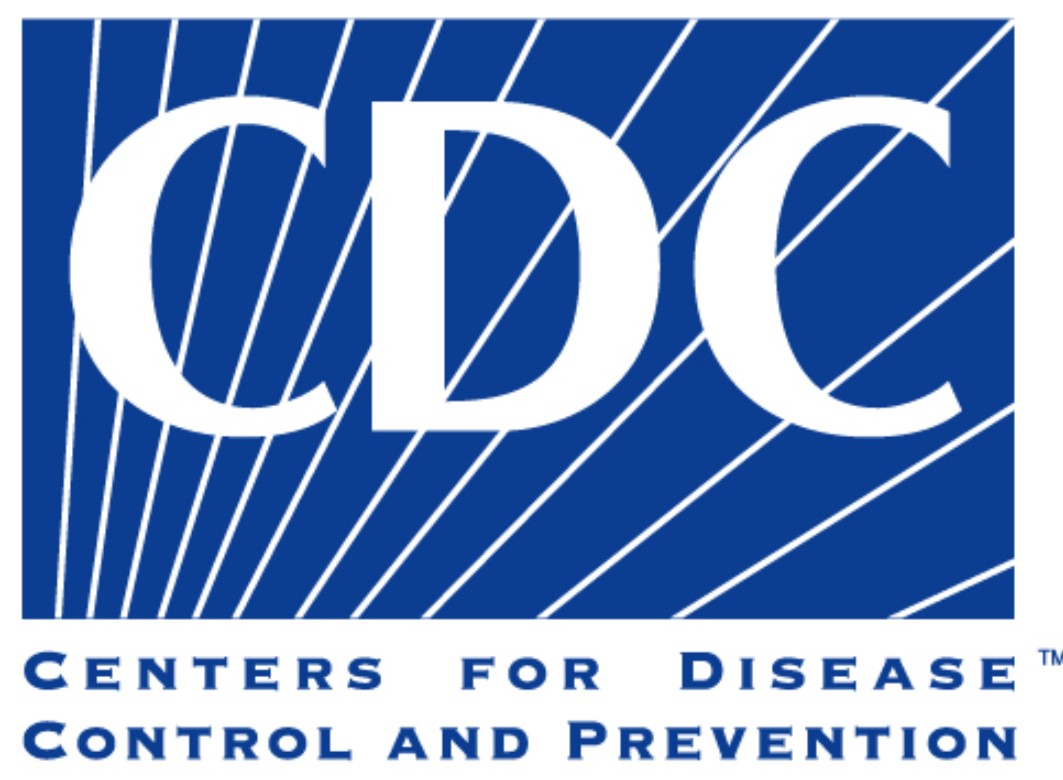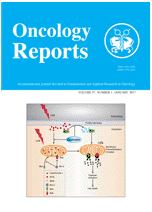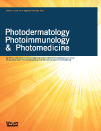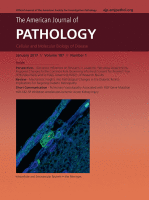 Sometimes, a seemingly run-of-the-mill retraction notice turns out to be much less straightforward.
Sometimes, a seemingly run-of-the-mill retraction notice turns out to be much less straightforward.
Such was the case with a recent retraction of a 2016 paper in a journal published by the U.S. Centers for Disease Control and Prevention, apparently over permission to use an evaluation scale designed to test whether patients take their medications as prescribed. But when we looked into this story, we learned this retraction was only the tip of the iceberg – a representative of the evaluation scale (titled “Chief Investigator”) told us he has contacted hundreds of so-called “infringers” over the last year who used the scale without permission. The authors must then apply retroactively and show they’ve used it correctly, and may even have to pay fees. Or, in the case of the retraction we saw (and at least one other in 2016), pull the paper.
According to the chief investigator, Steve Trubow, who oversees licensing and use of the scale worldwide, for some uses, there is no fee – but depending on what the researchers are using the Morisky Medication Adherence Scale (MMAS-8) for, it can cost up to $100,000. Once they’ve used it without permission, there are fees for that, too, Trubow told us:
Continue reading If you use this research tool without permission, you’ll hear about it
 The former president of the Joslin Diabetes Center has withdrawn a second article within a month of his
The former president of the Joslin Diabetes Center has withdrawn a second article within a month of his  When authors are faced with filling out a journal’s conflict of interest form, deciding what qualifies as a relevant conflict can be tricky. When such omissions come to light, only
When authors are faced with filling out a journal’s conflict of interest form, deciding what qualifies as a relevant conflict can be tricky. When such omissions come to light, only  An oncology journal has decided to retract a 2012 paper on gastric cancer after discovering duplicated data in multiple figures.
An oncology journal has decided to retract a 2012 paper on gastric cancer after discovering duplicated data in multiple figures. Researchers have agreed to pull a 2015 study exploring whether a plant extract can safeguard tanners from ultraviolet exposure after not obtaining formal approval from an ethics committee.
Researchers have agreed to pull a 2015 study exploring whether a plant extract can safeguard tanners from ultraviolet exposure after not obtaining formal approval from an ethics committee. A pathology journal is retracting two papers after an investigation at the last author’s institution in Germany found evidence of scientific misconduct.
A pathology journal is retracting two papers after an investigation at the last author’s institution in Germany found evidence of scientific misconduct.